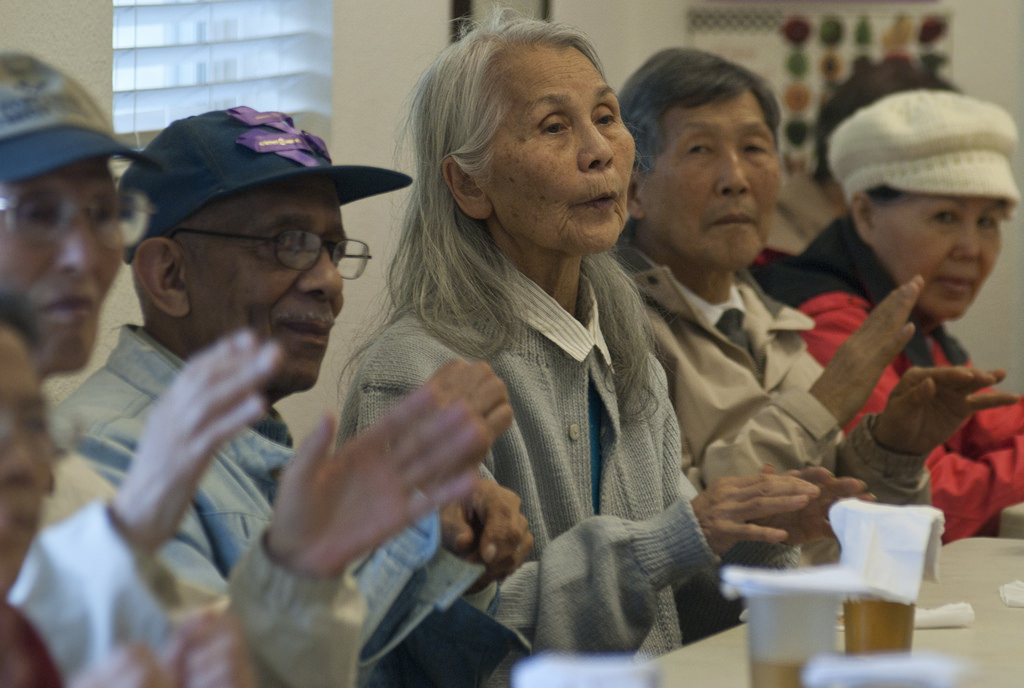Canada’s population of seniors is surging, as the 2016 census found seniors now outnumber children under 14 for the first time. By 2031, projections show, about 23 per cent of Canadians will be seniors.
The population of older adults has also become more ethnically diverse. With one out of five people in Canada’s population being foreign-born, immigrants represent a considerably large group among seniors in Canada.
A changing population calls for change in care
Ethnic minority seniors often experience health inequities in Canada—conflicting family values, cultural practices, language barriers, and immigration status can all pose as barriers to health care. They may also have trouble understanding roles of a health authority or a care provider.
Immigrant seniors, particularly more recent immigrants, have different characteristics, backgrounds, and life experiences than seniors born in Canada. A lack of cultural competence in a care setting can make residents feel isolated and uncomfortable.

By its definition, culturally appropriate care is supportive, meaningful and beneficial. It facilitates delivery of care to seniors that aligns with cultural values, beliefs, and ways of life.
“Culturally appropriate care promises better outcomes and well-being for seniors,” said Daniel Fontaine, CEO of BC Care Providers Association. “It is a pressing issue, particularly in B.C. which is becoming increasingly multicultural.”
“The BCCPA is committed to working closely with our members to deliver culturally competent senior care that addresses the needs of this diverse population.”
Care providers, particularly nurses, play a key role in providing culturally appropriate care to ethnic minority seniors. For care providers to be successful in doing that, they need to be acquainted with various behaviours, cultural customs, and types of communication—it’s not a one-size-fits-all approach.
Care providers need to know forms of address, taboo gestures, and whether eye contact or physical contact is acceptable or improper. Not knowing how to effectively communicate with the resident’s family poses another challenge.
Care providers also need to be aware of holidays, rituals and events that are important to residents, as well as dietary restrictions and food pairings in different cultures and religions.
This knowledge can help avoid misunderstandings, and make residents feel more comfortable. Cultural awareness, sensitivity, and competence can increase navigability and effective use of services for many seniors in care.
We’re excited to announce this season’s Care to Chat series titled “Embracing Diversity: Providing Culturally Appropriate Care for British Columbia’s Aging Population.” Join us on Oct 6, 2017 at Terminal City Club, Vancouver, as a diverse panel takes on the emerging issue of culturally appropriate care for seniors.
*Feature image via Flickr user KWA Cares




